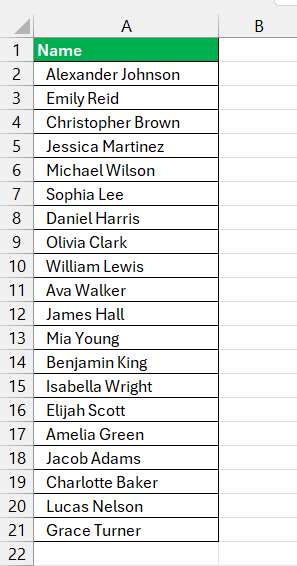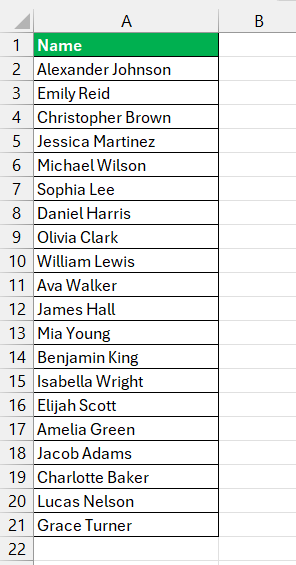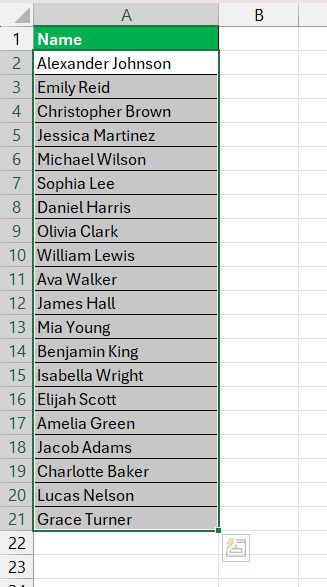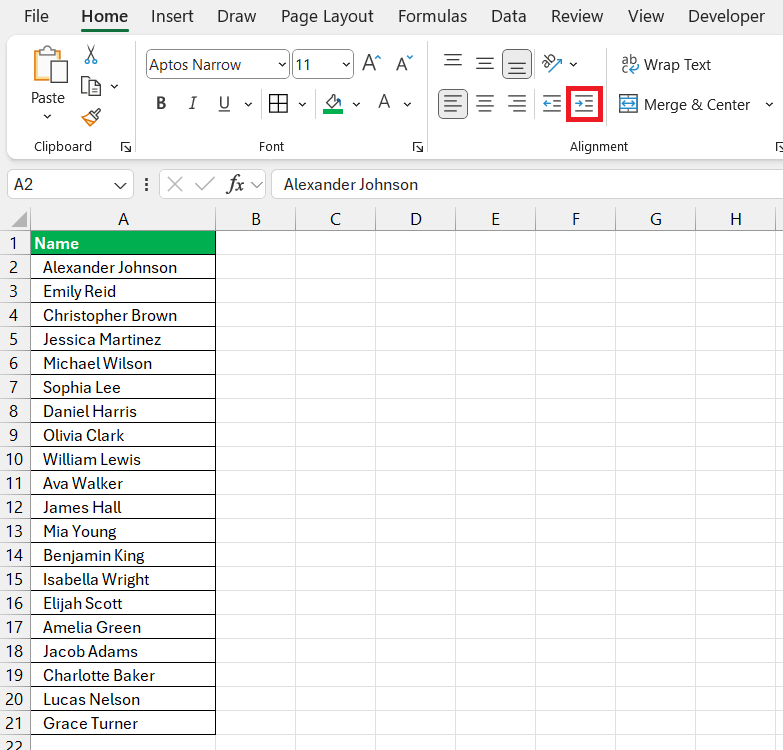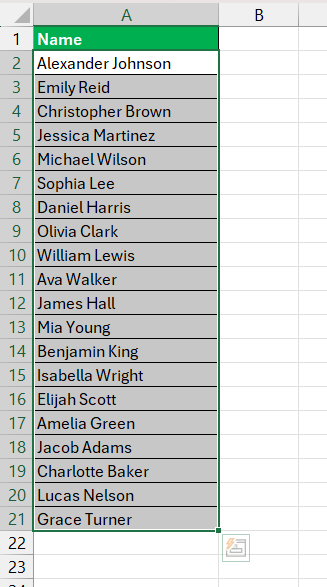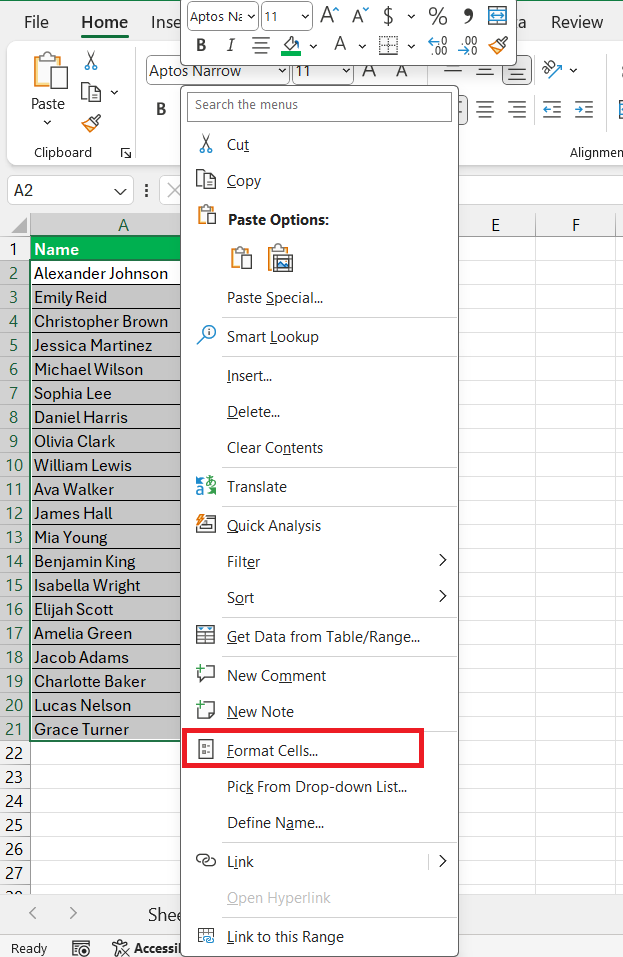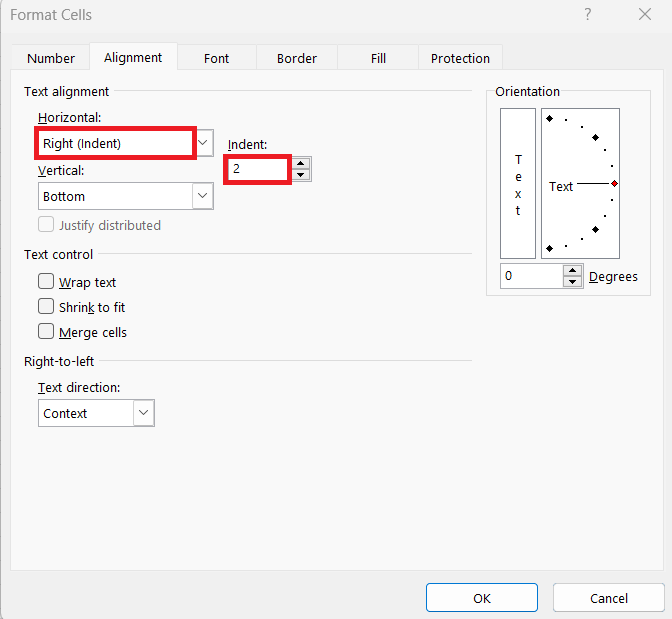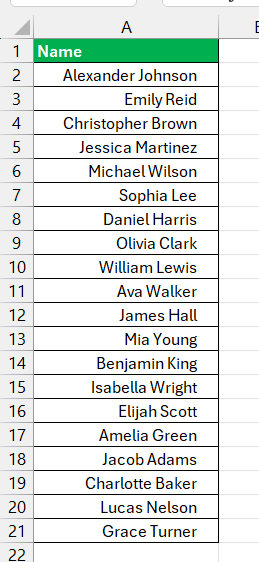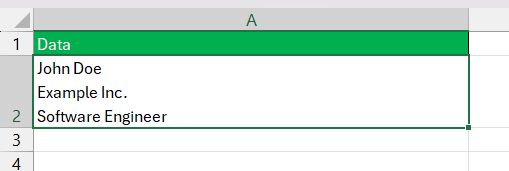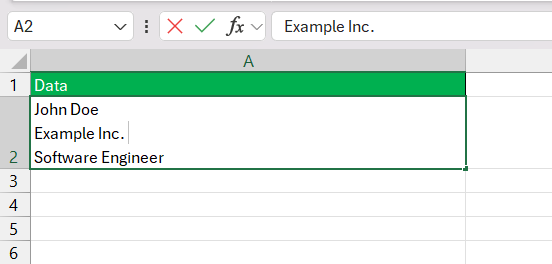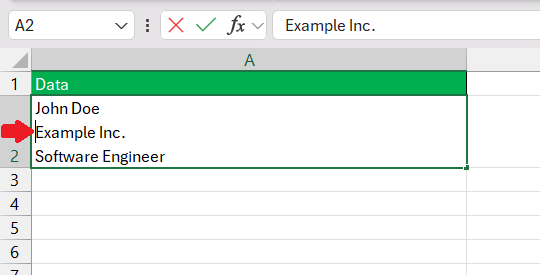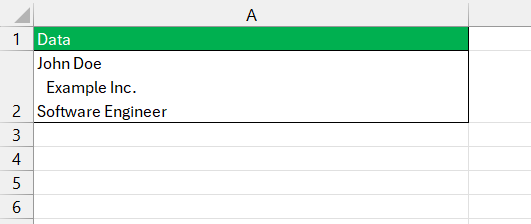When I work with Excel, I often find that a well-organized spreadsheet can make a huge difference in readability. Indenting cells is a simple yet effective way to visually structure my data, making it easier to navigate and understand. Whether I’m preparing reports or organizing lists, mastering cell indentation techniques helps me present my information clearly and professionally. In this guide, we will cover various methods on how to indent second line in Excel.
Key Takeaways:
- I can swiftly indent cells using shortcuts like ALT + H + 6 to increase indent and ALT + H + 5 to decrease it. This method is real-time during data entry.
- If I prefer a more visual approach, using the ribbon’s indent icons under the Home tab is a simple way to adjust cell text alignment. Each click shifts the text by three spaces, making it easy to maintain uniformity.
- For detailed adjustments, the Format Cell dialog box allows me to specify the exact number of indent levels, offering a precise way to control my text’s appearance.
- To indent specific lines within a cell, I manually enter spaces before the text on the second line, giving me flexibility in formatting complex cell content.
- If I need to undo an indent, I can use the Decrease Indent icon in the Home tab to return my text to its original position, making adjustments straightforward and hassle-free.
Table of Contents
Introduction to Indents in Excel Cells
The Importance of Organizing Data Visually
When I dive into spreadsheets, I can often feel overwhelmed by the sheer amount of data. But have I ever thought about how that data looks?
It’s not just about the values themselves; it’s about presenting them in a way that’s easy on the eyes and makes sense at a glance. That’s why organizing data visually is so essential. Visual structuring can transform my data from a jumbled mess into an easily navigable and comprehensible treasure trove.
Overview of Cell Indentation Techniques
Knowing how to nudge my text in just the right direction is crucial when I’m fine-tuning my Excel spreadsheets. There are several techniques to indent text within cells, each with its unique flair. I might quickly select a bunch of cells and tap the Indent button for a swift shift, or dive into the Format Cell dialog box when I’m after precise alignment.
Perhaps the Tab key is my go-to for a quick indent, or maybe I prefer dragging the Fill Handle to instantly replicate indents across cells. By understanding the strengths and limitations of each method, I can choose the most efficient path to polish my data presentation to perfection..
Step-by-Step Guide to Indenting Lines
Keyboard Shortcuts for Quick Indenting
I love a good time-saver, and in the Excel world, keyboard shortcuts are the secret heroes. Imagine I’m zipping through data entry and just need to nudge some numbers a smidge to the right. Enter the keyboard shortcut: ALT + H + 6. It’s like a magical incantation—select my cells, perform this deft finger dance, and voilà, they scoot over to the right with grace.
Need to reverse the spell? ALT + H + 5 will shuffle those numbers back to the left, quick as a wink.
Remember, it’s all about the rhythm: press these keys in succession, not simultaneously, and I’ll be indenting like a pro in no time.
Formatting with the Ribbon Options
If keyboard shortcuts aren’t my jam, or I’m just more visually inclined, then formatting with the ribbon options can be my Excel go-to. It’s really straightforward:
STEP 1: I will highlight the cells I want to indent.
STEP 2: Click on the Home tab to reveal a treasure trove of formatting tools.
STEP 3: In the Alignment group, I’ll find my indent icons waiting eagerly—these little guys allow me to indent left or right. Just a click and my content obediently steps over.
And here’s a nifty tidbit: each click of the indent button shifts my text by three spaces, making for a quick and uniform adjustment without breaking a sweat.
Using the Format Cell Dialog Box for Precise Control
For those particular instances where I crave detailed control over indenting, the Format Cell dialog box is my sanctuary of precision. Here’s the insider scoop on how to harness its power:
STEP 1: Select the cell or cells begging for that custom indent.
STEP 2: Right-click and from the context menu, opt for ‘Format Cells’. Alternatively, I can reach this via the Home tab by clicking on the tiny arrow cornered in the Alignment group.
STEP 3: A window will pop up with a tab called ‘Alignment’. Click on that and behold the Indent option—this is where my dreams of exactitude come true. Here, I can meticulously specify the number of indent levels. Each level corresponds to an indent of three characters wide—a fine touch for when I want my indent just so.
Using this approach, even the most challenging data can be aligned with precision, giving my spreadsheet a refined and organized appearance.
How to Indent Second Line
Excel does not have a built-in feature to set indentation for specific lines within a cell, so manual spacing is necessary. Here’s how I can indent the second line:
STEP 1: Select the cell I wish to indent.
STEP 2: Double-click on the cell to enter the edit mode.
STEP 3: Place the cursor before the line I wish to indent.
STEP 4: Enter space to get the indentation.
FAQ: Excelling at Excel Indents
How do I indent Excel rows?
To indent rows in Excel, first select the cells or entire rows that you want to indent. Then hit the Home tab and in the Alignment group, click the Increase Indent icon. Your selected rows will be indented neatly. If you want to reduce the indent, just click the Decrease Indent icon instead. Simple and fast!
When to use line indent?
Use a line indent in Excel when you need to improve readability or create a visual hierarchy in your data. It’s especially handy for distinguishing subpoints under a main point or for aligning text uniformly when mixing single and multi-line cells. Line indents can help guide the reader’s eye and organize information effectively.
How do you do a hanging indent in a cell in E0iuxcel?
Creating a hanging indent in an Excel cell is a bit of a workaround, as Excel doesn’t have a direct hanging indent function. First, make sure ‘Wrap Text’ is enabled for your cell. Then, insert your cursor at the start of the second line and hit ‘ALT + Enter’ to create a new line. Add spaces at the beginning of this line to create the hanging indent effect. Repeat for additional lines as needed.
How Do You Remove an Unwanted Indent in Excel?
To remove an unwanted indent in Excel, just select the cells you wish to adjust. Go to the Home tab, find the Alignment group, and then click on the Decrease Indent icon. Every click on this icon will decrease the indent by one level. Keep clicking until the text is back where you started or at the desired position.
Can You Indent Multiple Lines in a Single Excel Cell?
Yes, you can indent multiple lines within a single Excel cell. To do this, double-click the cell or press F2 to edit. Click before the text on each line to place the cursor, then press the spacebar to create the desired indentation manually. This gives you control line by line within the same cell.
John Michaloudis is a former accountant and finance analyst at General Electric, a Microsoft MVP since 2020, an Amazon #1 bestselling author of 4 Microsoft Excel books and teacher of Microsoft Excel & Office over at his flagship MyExcelOnline Academy Online Course.

